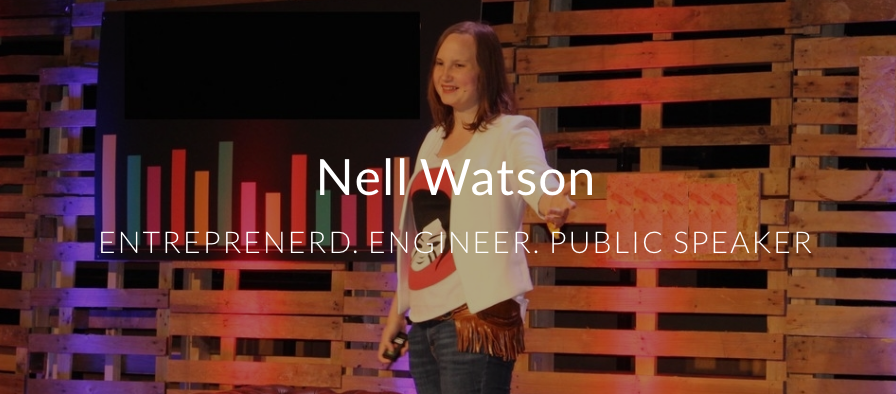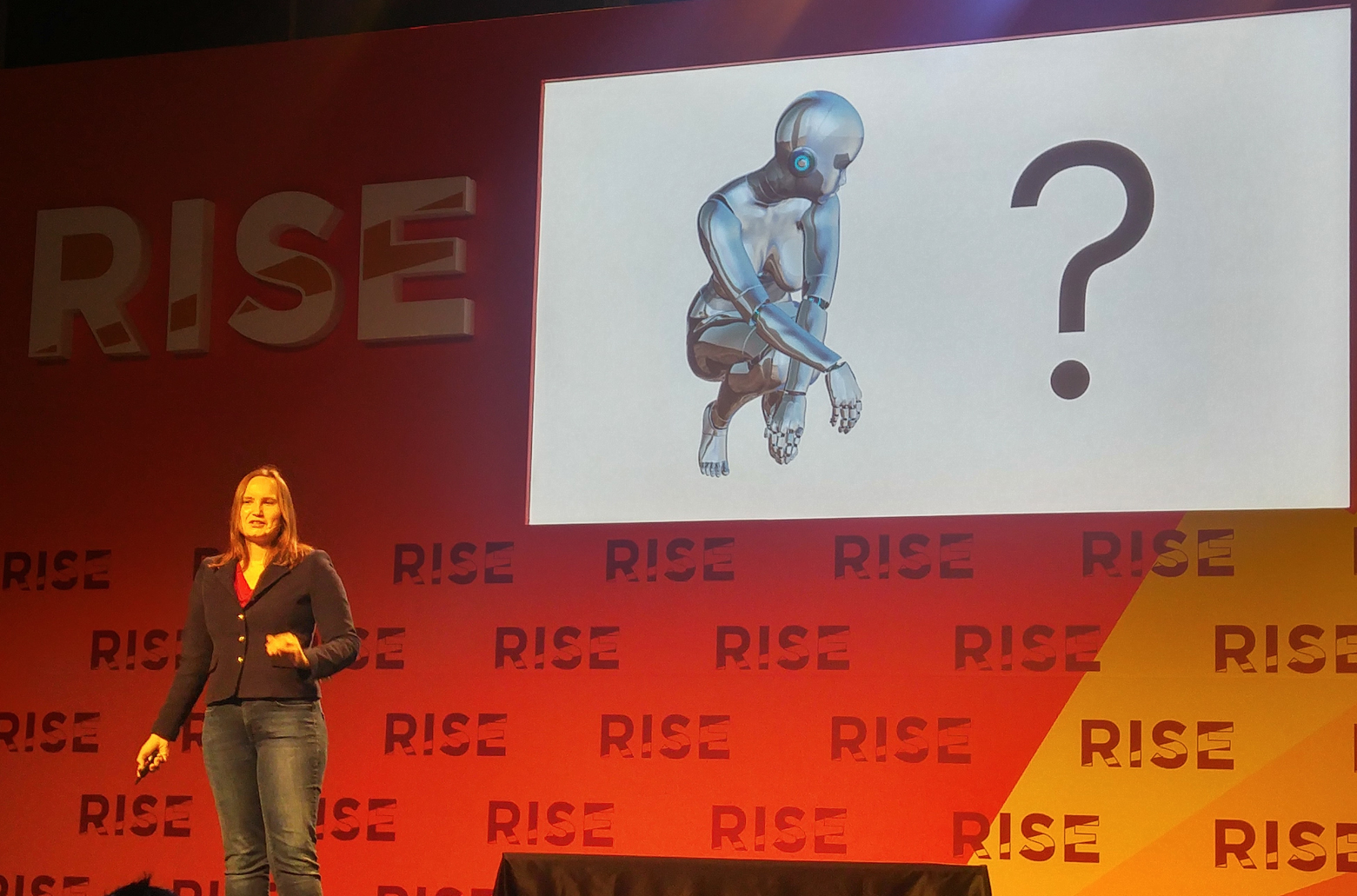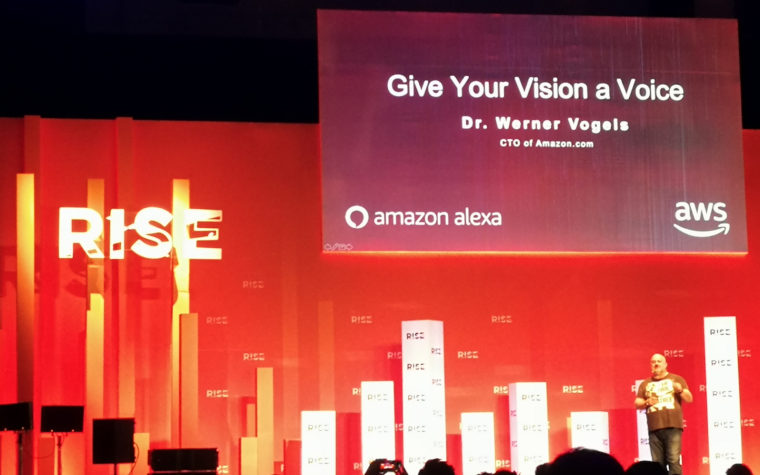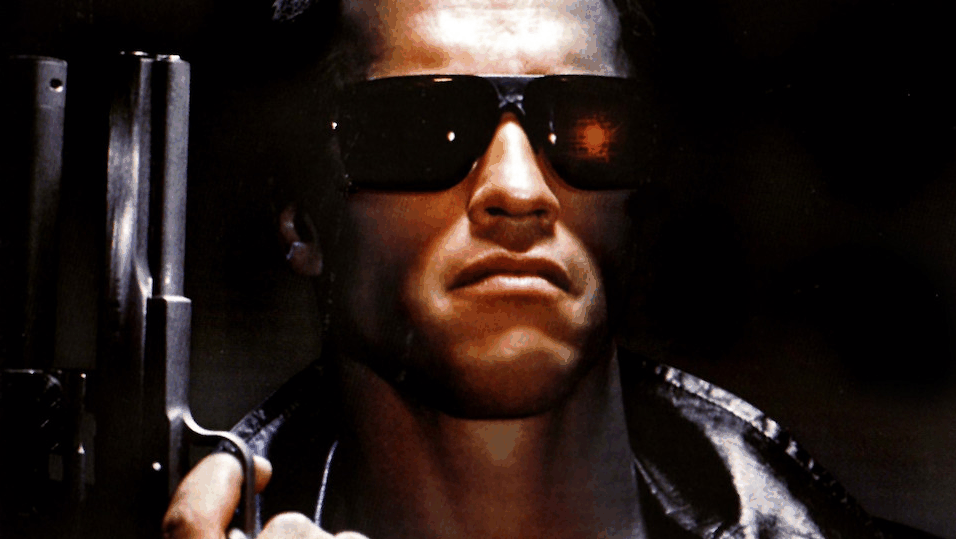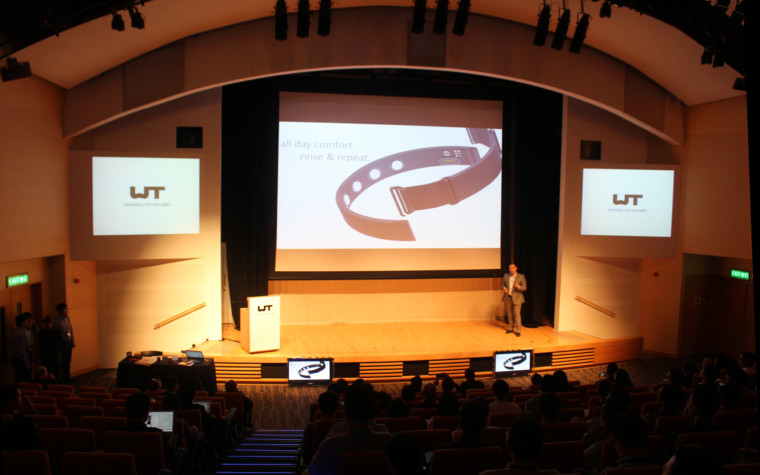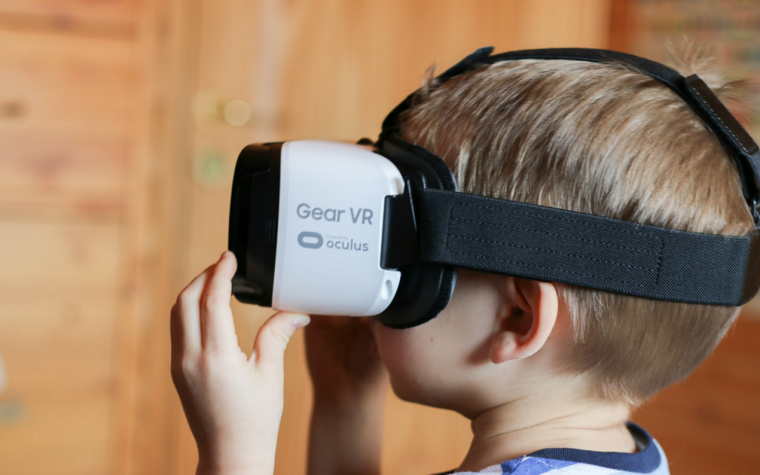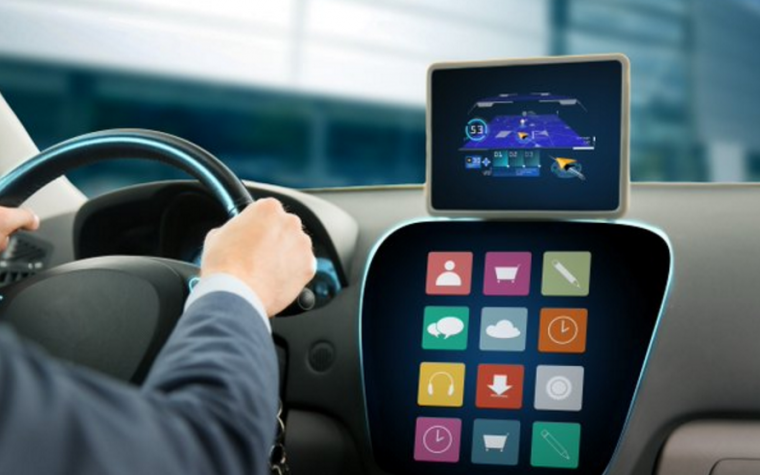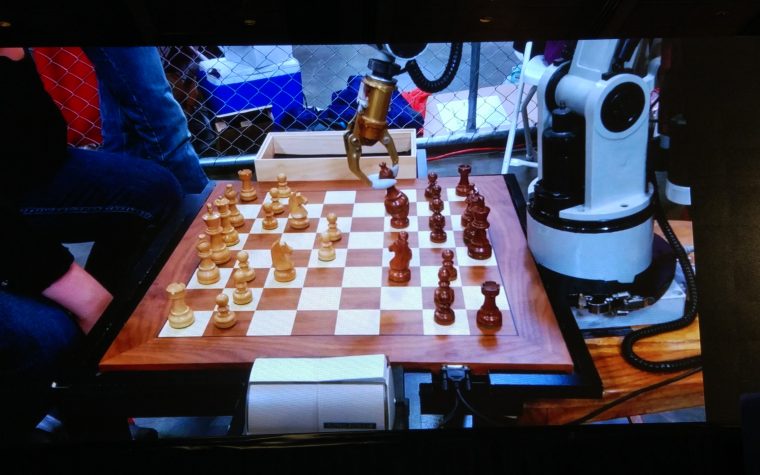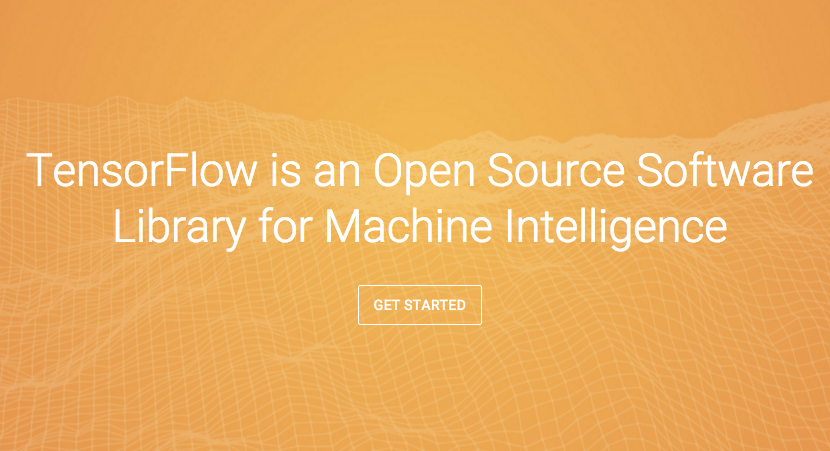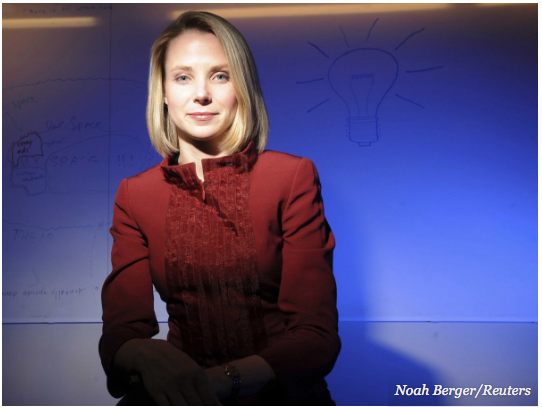Ethically integrating machines into society
Rise Conference 2016, Machine Stage
Nell Watson, Singularity University
Humans can easily lead machines astray. Singularity’s Neil Watson says this is just one consideration as our society increasingly integrates autonomous machines. She’ll unveil a new project revolving around an ethical framework that’s easily understandable by both humans and machines and aims to let humans guide machines to make better decisions.
Cognitive capability is not confined in the brain. There is also the “gut instinct”, or the interior nervous system. For humans, it refers to the eyes, spine and the guts. Recall last time how your gut feels when you saw something discomforting. Fishes can recognize the floor of the sea, and before the tides go out, the fishes can go. So yes fishes do have more than five seconds of memory, in this way. Crows can be trained to, and so can chimps or even ants experience their Eureka moments. Much of this cognitive capability can be taught by reinforcement learning.
Such cognitive capability is not just the gift for mammals, but for others too. Worms can map-out the surroundings. Plants got no brains but are adaptive to light and moisture. If we can accept that consciousness is not an on-off switch, but a dial, are we so sure that we are smart enough to know how animals are? How could we make assumptions on how animal behaviour resemble that of human?
Peter Singer’s Personism philosophy has its grounds. Animals can be human like. In legal world we have the notion of corporate persons too, which doesn’t even have flesh and blood.
So if a degree of personhood is expressed, can machines become persons one day? For instance, Open Worm, the world’s first digital lifeform, has over 320 “neurons”, and it has the necessary cognitive capabilities to navigate.
Isn’t that how human baby learn about the world?
We have to realize that digital offspring is coming to the world. How are we going to treat them? Untrained machines would tell the emperor that he is not wearing any clothes. This is inhuman as it does not care about human feelings. How are we going to treat them? Are we going to keep them in custody, or instead, treat machines like our dogs and condition them with care?
Are we playing the role of God? One day, people are changing from creators to curators. Nell believes we shall be teaching machines ethics, as she co-founded OpenEth, an ‘ethical explication engine’ that aims to crowdsource ethical heuristics for autonomous systems. She would like to specify scenarios to teach machines ethics.
One day, we may not just be teaching machine ethics, but also love. “The greatest thing you’ll ever learn is to love and be loved, just to love and be loved”, Eden Abez.

